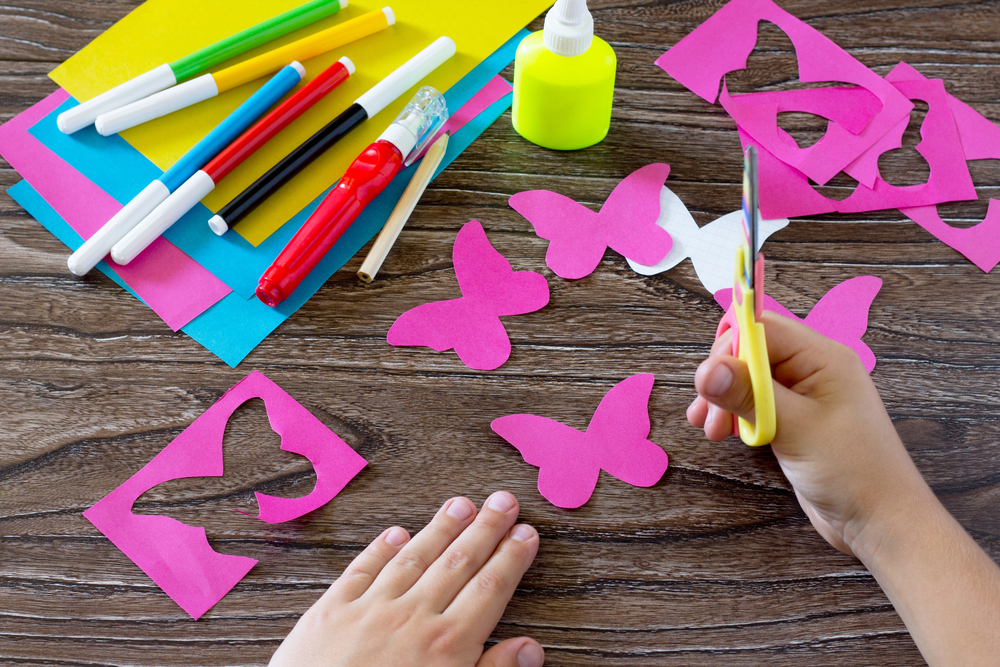Phonics practice Normal Worksheets for 5-Year-Olds
9 filtered results
-
From - To
Explore our engaging Phonics Practice Normal Worksheets designed specifically for 5-year-olds! These worksheets aim to enhance your child's reading and phonetic skills through fun and interactive activities. Our collection includes a variety of exercises, such as matching sounds to letters, identifying beginning sounds, and practicing simple words. Each worksheet provides a colorful and stimulating experience that makes learning enjoyable. Tailored to meet the developmental needs of young learners, these resources will help build a strong foundation in reading. Perfect for home or classroom use, our phonics worksheets support early literacy and encourage a lifelong love for learning. Start your phonics journey today!


Letter A Coloring Sheet
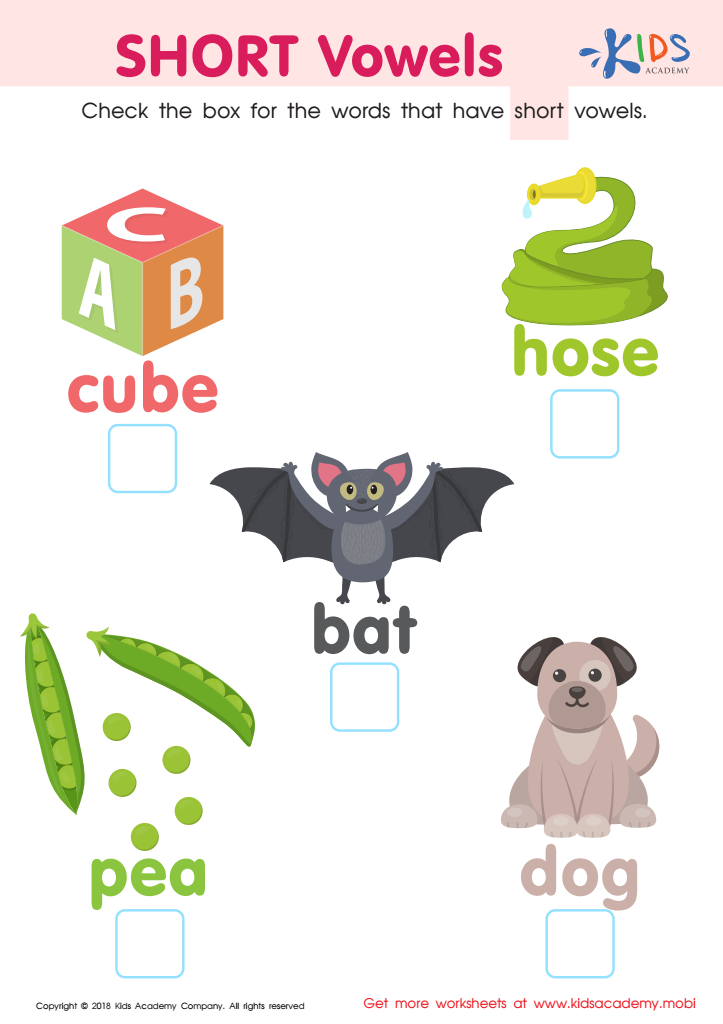

short vowels Worksheet
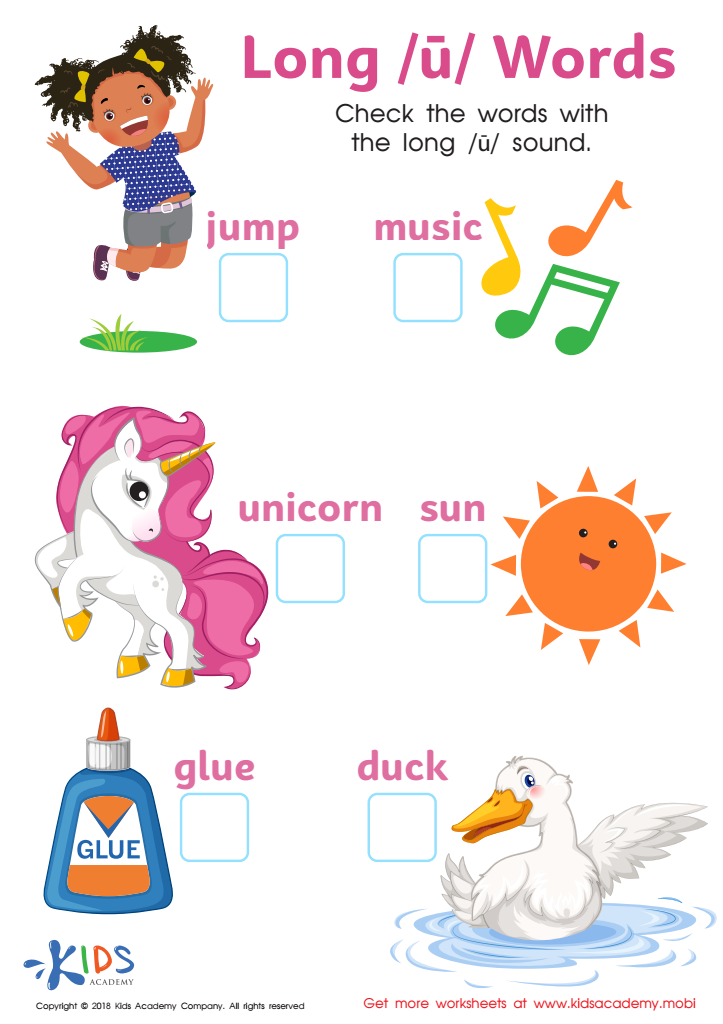

Long U Words Reading Worksheet


Twin Onset Worksheet
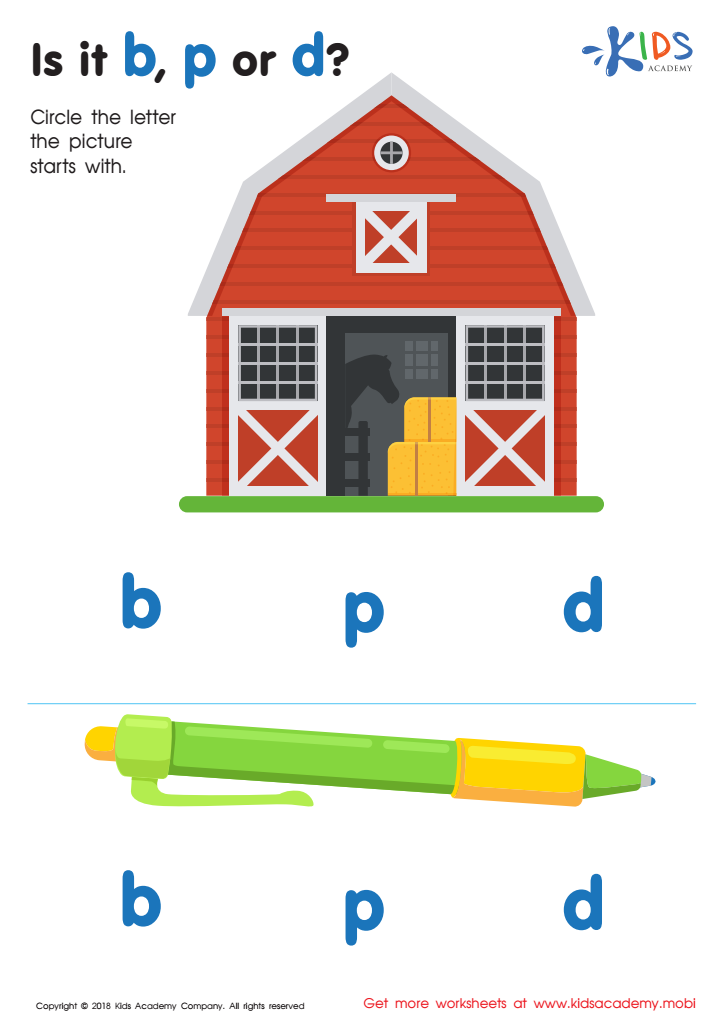

Is it b, p or d? Worksheet
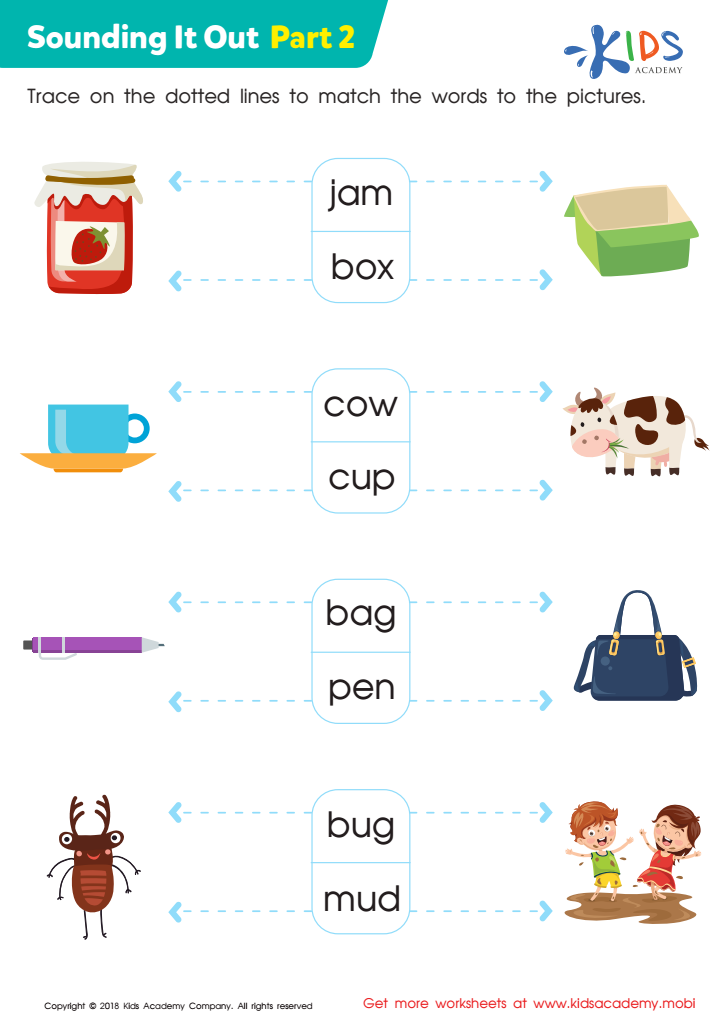

Sounding it Out: Part 2 Worksheet


Words with sound p Reading Worksheet


Words with sound f Reading Worksheet
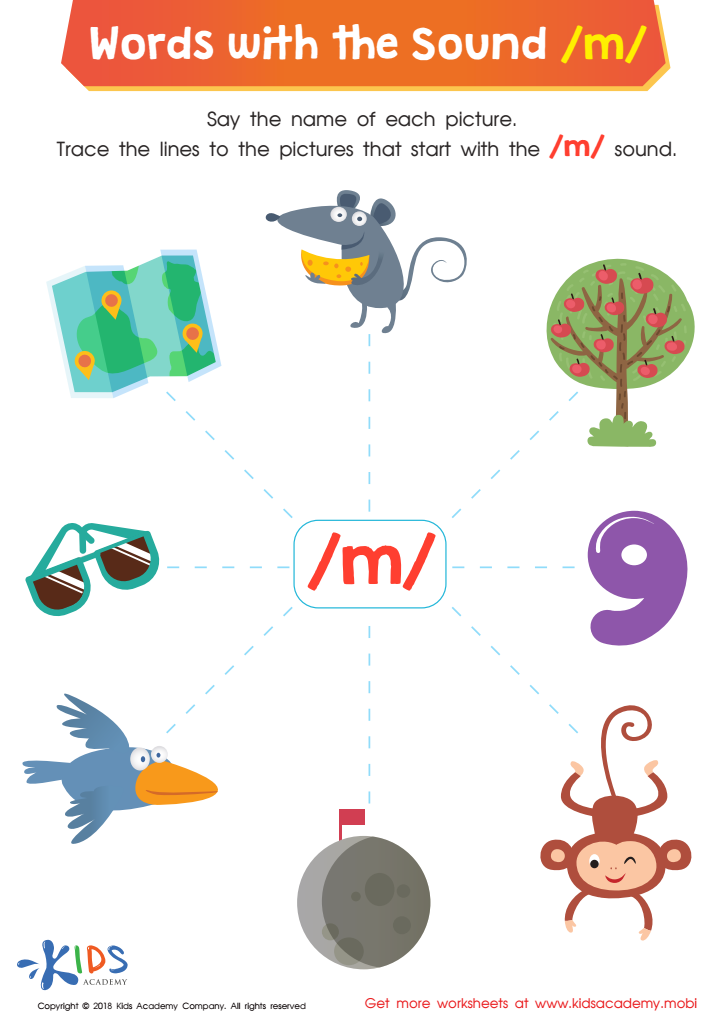

Words with Sound M Reading Worksheet
Phonics practice is essential for 5-year-olds as it lays the foundation for reading and writing. At this critical stage of development, children are beginning to make connections between sounds and letters, which is vital for literacy. Understanding phonics helps children decode words, improving their ability to read independently and develop comprehension skills.
Parents and teachers should care about phonics practice because it boosts confidence in young learners. As children master phonetic principles, they cultivate a sense of accomplishment, making reading a more enjoyable experience. Additionally, strong phonics skills reduce future reading difficulties, equipping children with tools necessary for academic success.
Moreover, engaging in phonics activities encourages healthy communication and promotes language development. Through games, songs, and interactive activities, children not only learn to blend sounds but also enhance their vocabulary and spelling abilities. This early intervention is crucial, as the ability to read proficiently affects overall performance in school.
In summary, prioritizing phonics practice for 5-year-olds is vital for fostering essential skills in reading and writing, building confidence, ensuring academic success, and supporting language development. When parents and teachers embrace this practice, they set a solid foundation for lifelong learning.
 Assign to My Students
Assign to My Students


